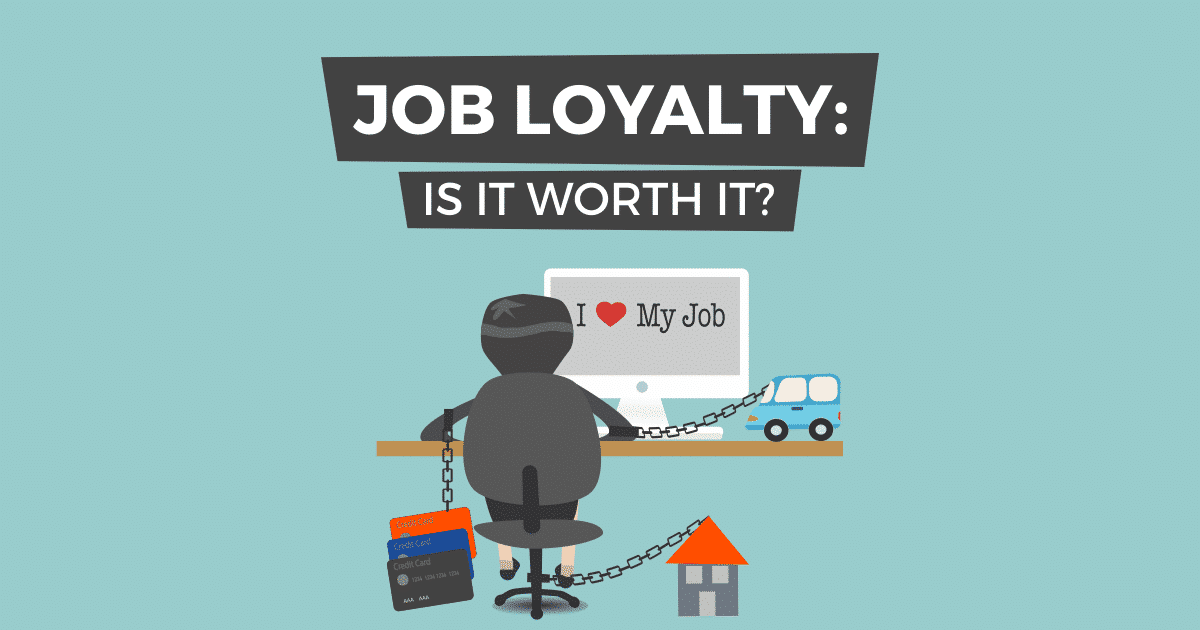Is Loyalty in the Job a passé?

Executive Summary

Loyalty to one’s employer has been a cornerstone of the traditional workplace, but is it still relevant in today’s rapidly evolving job market? This article examines the changing nature of loyalty in the workplace, exploring its impact on employee retention, organizational culture, and individual career development. By analyzing the factors that shape loyalty and its potential benefits and drawbacks, we aim to provide insights into the future of this age-old concept.

Introduction
In the past, employees were expected to remain loyal to their employers for the duration of their careers, with job hopping being viewed as a sign of disloyalty. However, the rise of the gig economy, the increasing availability of remote work opportunities, and the changing values of younger generations have challenged this traditional view. Loyalty is becoming more a matter of choice rather than obligation, and employees are increasingly seeking workplaces that align with their personal values and provide opportunities for growth and development.
FAQ
Q: Is loyalty still valued in the workplace?
A: Yes, but it has evolved from the traditional concept of long-term employment to a more multifaceted approach that emphasizes shared values, employee well-being, and a sense of purpose.
Q: How can organizations foster loyalty among their employees?
A: By creating a supportive and inclusive work environment, providing opportunities for professional development, and recognizing and rewarding employee contributions.
Q: What are the benefits of employee loyalty?
A: Increased employee retention, improved organizational performance, enhanced customer satisfaction, and a stronger sense of community among employees.
Subtopics:
The Changing Nature of Loyalty
- Employees are becoming less likely to stay with the same employer for their entire careers.
- This is driven by factors such as the increase in freelance and gig work, the availability of remote work opportunities, and the changing values of younger generations.
- Loyalty is becoming more a matter of choice rather than obligation, and employees are increasingly seeking workplaces that align with their personal values and provide opportunities for growth and development.
Factors that Shape Employee Loyalty
- Organizational Culture: A positive and inclusive work environment can foster a sense of belonging and loyalty among employees.
- Employee Well-being: Companies that prioritize employee health, wellness, and work-life balance create a more loyal workforce.
- Career Development: Opportunities for professional growth and advancement help employees feel valued and invested in their careers.
- Recognition and Rewards: Acknowledging and rewarding employee contributions can reinforce loyalty and motivate employees to go the extra mile.
Benefits of Employee Loyalty
- Increased Employee Retention: Loyal employees are more likely to stay with their employers, reducing turnover costs and improving organizational stability.
- Improved Organizational Performance: A loyal workforce is typically more engaged and productive, leading to increased profitability and customer satisfaction.
- Enhanced Customer Satisfaction: Loyal employees are more likely to provide excellent customer service, which can lead to increased customer loyalty and revenue.
- Stronger Sense of Community: When employees feel loyal to their organization, they develop a stronger sense of belonging and purpose, which can lead to a more positive and collaborative work environment.
Drawbacks of Employee Loyalty
- Resistance to Change: Loyal employees may be reluctant to embrace changes in the workplace, which can hinder innovation and progress.
- Lack of Motivation: In some cases, employee loyalty can lead to complacency and a lack of motivation to excel.
- Missed Opportunities: If employees stay with the same employer for too long, they may miss out on growth opportunities available elsewhere.
The Future of Loyalty in the Workplace
The future of loyalty in the workplace is likely to continue evolving as the job market and employee values change. While long-term loyalty may become less common, organizations will still need to find ways to attract and retain talented and committed employees. By creating workplaces that prioritize employee well-being, provide opportunities for growth, and foster a shared sense of purpose, organizations can build a loyal and engaged workforce that drives success in the years to come.
Conclusion
Loyalty in the job market is evolving from a rigid concept of long-term employment to a more fluid and multifaceted approach that emphasizes shared values, employee well-being, and a sense of purpose. By understanding the factors that shape employee loyalty and its potential benefits and drawbacks, organizations can develop strategies to attract and retain a loyal and engaged workforce that drives organizational success in the future.
Keyword Tags
- Employee Loyalty
- Workplace Culture
- Employee Retention
- Career Development
- Organizational Performance






